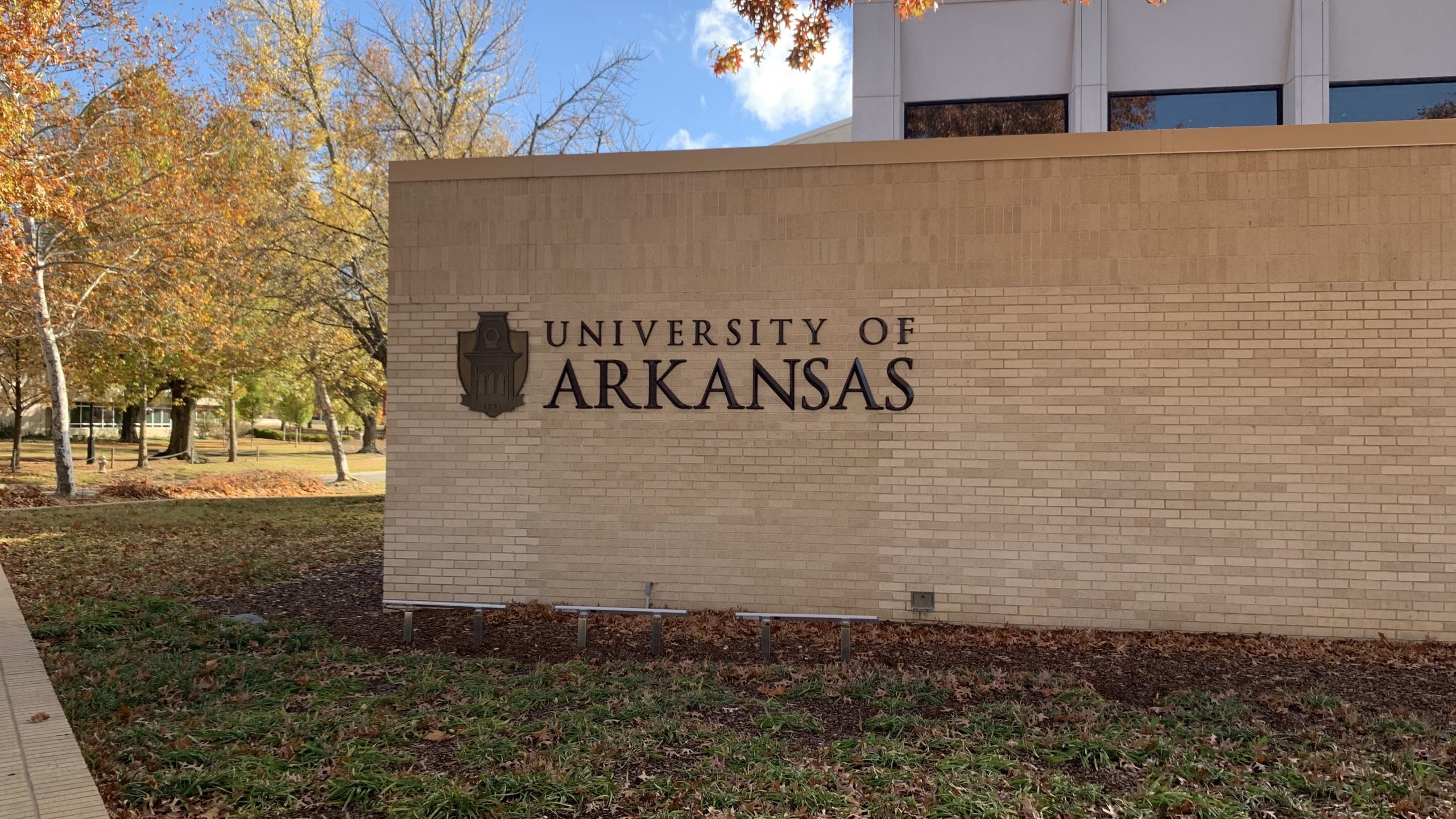By: Cayden Hartman
FAYETTEVILLE, Ark. — The University of Arkansas administration informed students about plans for on-campus classes and Spring Break during the Spring 2021 semester.
The traditional week-long spring break has been broken up into three separate dates; Feb. 22 – 23, March 25 – 26 and April 2.
Provost Charles Robinson emailed students in late October informing them of changes made to classes and the breaking up of what is usually a week-long Spring Break into three separate extended weekends.
The university plans to begin classes Jan. 11 while offering more in-person classes to the students who want them, Robinson said in an email.
Robinson said that a return to more in-person classes is meant to address some student needs.
“We felt that we need to provide students with at least access to more face-to-face classes,” Robinson said, “It’s about student learning needs and some students have expressed that remote learning produced some more challenges for them.”
Classes this semester will be broken up into on-campus and remote delivery modes of instruction.
While an emphasis is being put on more face-to-face classes university officials wanted to give students the option to take some remote courses if they do not feel comfortable coming to campus, Robinson said.
However if a student were to pick an on campus class the professor of that class can now require in-person attendance.
“In the spring the faculty member will have the power to require face-to-face class that the student attends in a face to face setting,” Robinson said.
While no school in the Southeastern Conference has announced completely remote plans for the Spring 2021 semester, some universities will continue to offer the option to students to take remote classes.
Robinson said that the decision to have a bigger return to the classroom was ultimately left up to the various departments around the UofA.
“We still have given the power to the departments to work with the professors to determine who would like to teach face to face,” Robinson said.
He was happy to hear that a number of professors have decided to conduct more face to face classes and hybrid classes, Robinson said.
Through a combination of safety protocols, which include mask wearing and distancing, working in tandem with smaller class sizes Robinson thinks that the university has created an environment that makes instructors feel safer on campus.
“We feel very much that our protocols create a safe environment. We talked about that with faculty and some of them agree with us and are making that decision to return to the classroom,” Robinson said.
Despite the return to campus, that the university does reserve the right to pivot on how the spring semester will continue, Robinson said.
“We are always sensitive to the realities of the virus and we always feel that we reserve that right to pivot to preserve the safe of students, faculty and staff,” Robinson said.
Robinson said that this decision to split up Spring Break was made to encourage better choices on the part of students.
“The idea was to distribute spring break as to encourage students to make better about how to manage that time off. The traditional spring break is one in which people have fun and thats one of the rights of being a student,” Robinson Said.
Other universities around the Southeastern Conference have adopted similar changes to their spring schedules allowing students a break while attempting to keep them and their campuses safe.
Universities that have broken up their spring break into smaller intervals include: Auburn University, Louisiana State University, Texas A&M University, University of Georgia and University of South Carolina.
While some schools have broken up their spring break the following universities have cancelled them entirely: Mississippi State University, The University of Alabama, The University of Florida, The University of Mississippi, The University of Tennessee, University of Kentucky and Vanderbilt University.
With a majority of schools in the Southeastern Conference have either a modified spring break schedule or none at all, While The University of Missouri is the only university still choosing to have the traditional week-long break.
Robinson said that UA Administrators considered canceling spring break entirely instead of transitioning into three extended weekends.
“Yes, we did think about it, but the concern we had, and we listened to the students, was that when you start a week later in the spring but have no break, that can create some real stress and anxiety. There is a need for a break over the course of the semester,” Robinson said.
Robinson said that the decision comes from a place of care and concern for student’s well being.
“We wanted to be sensitive to the students need just to take a pause from their classes,” Robinson said.
Here is a link to the interactive map with information about schools in the Southeastern Conference.
The spring 2021 semester is scheduled to end on May 7 with the last day of finals.


